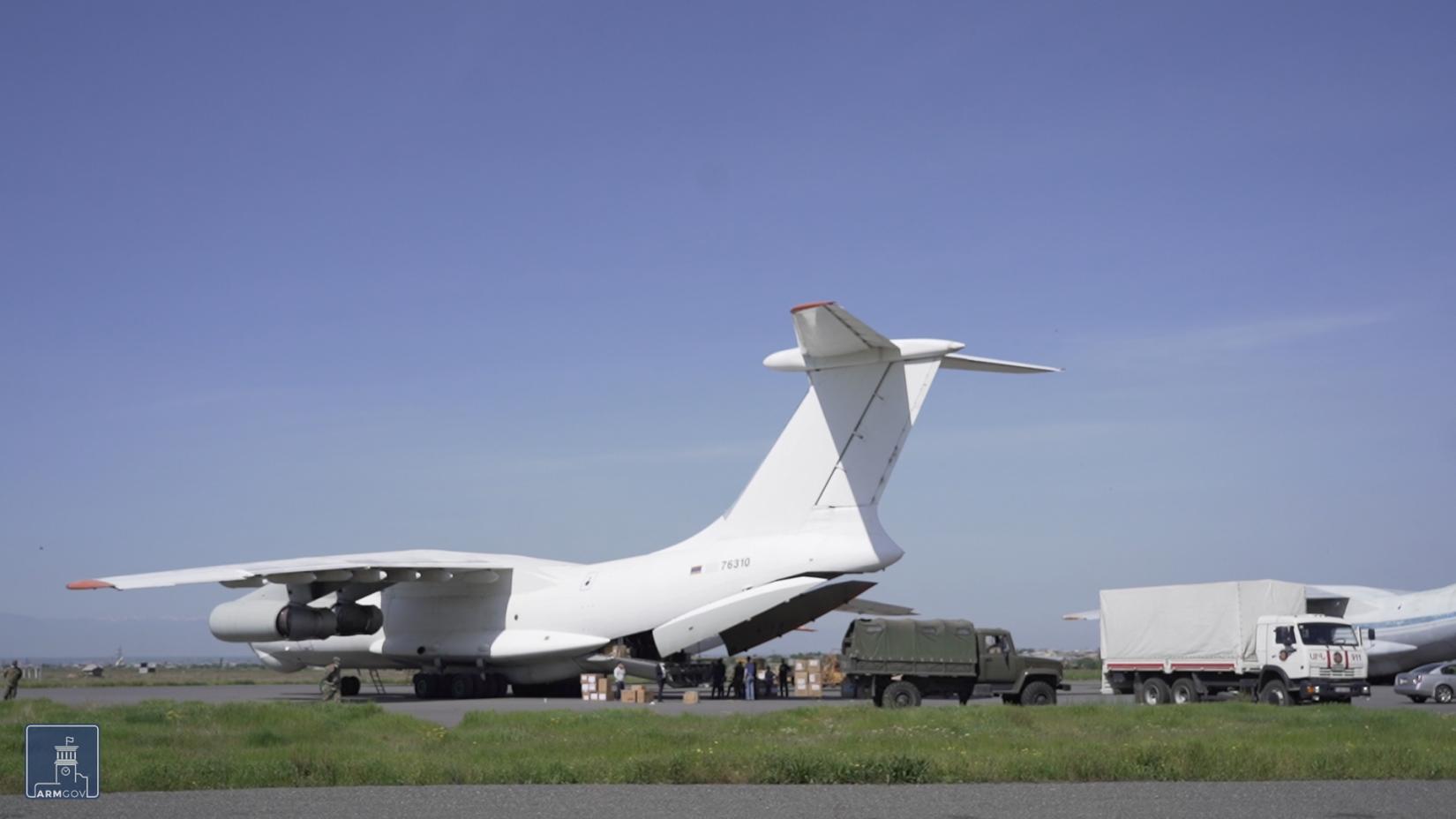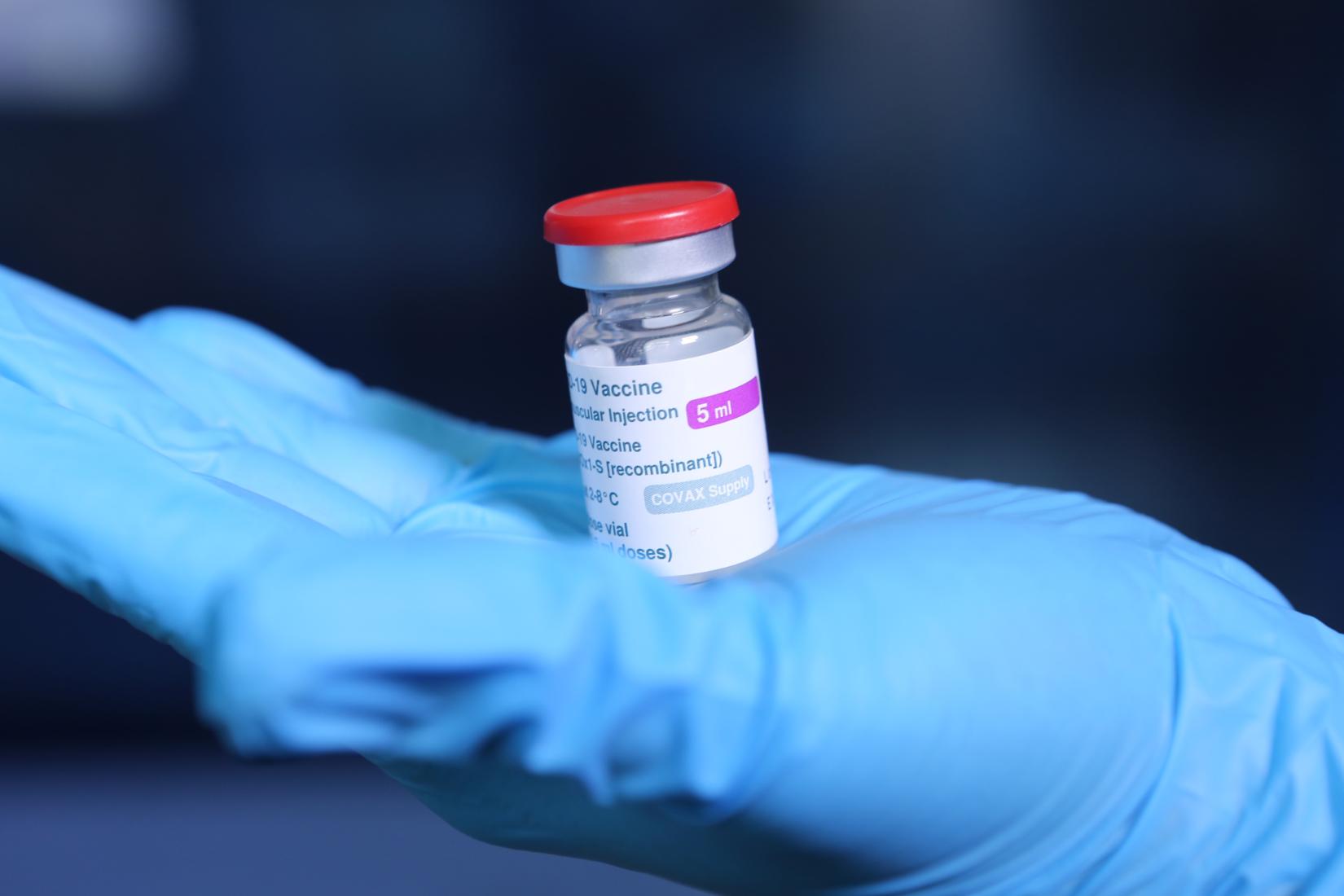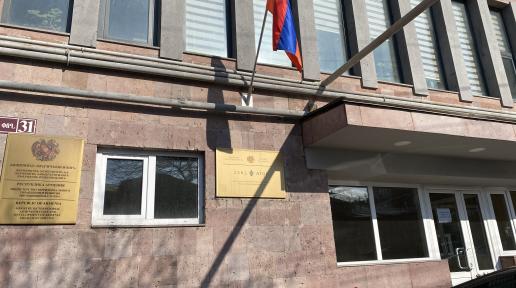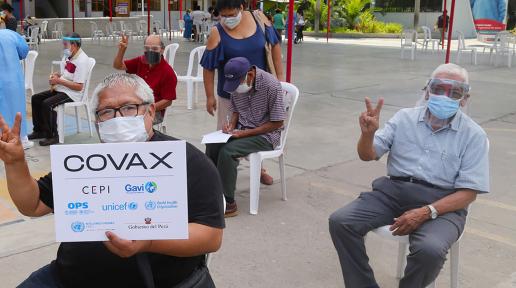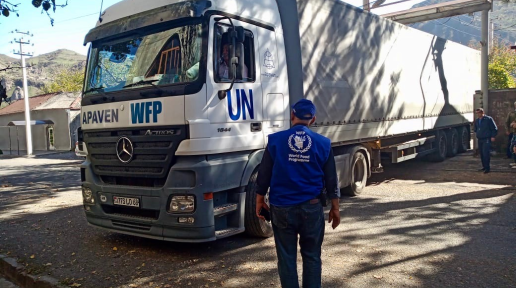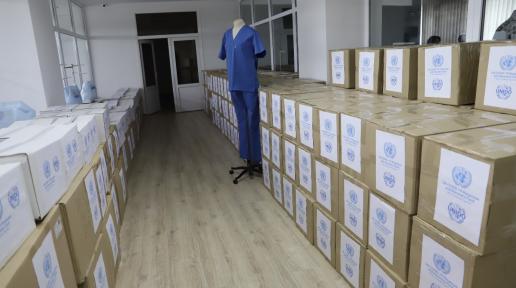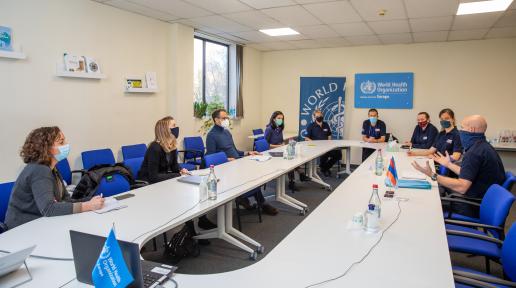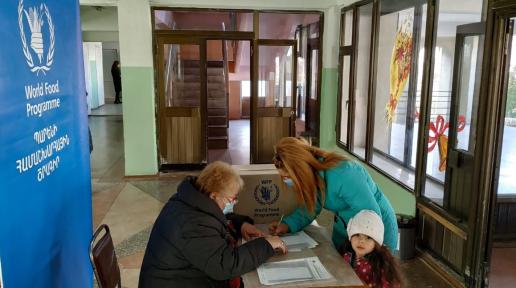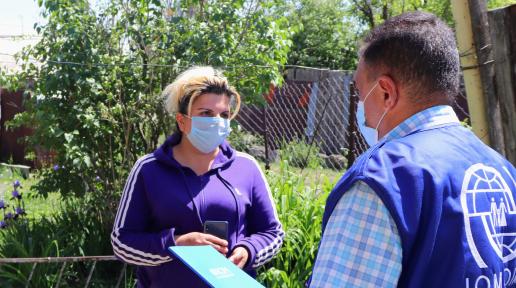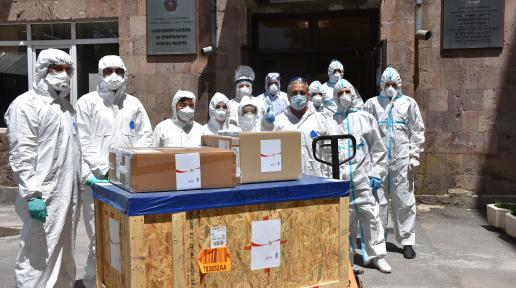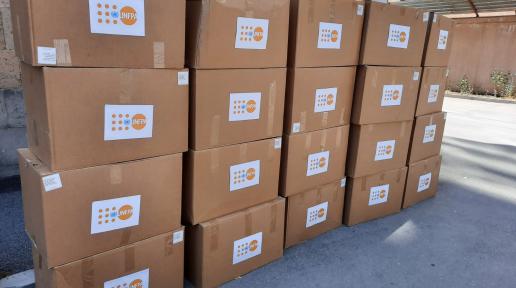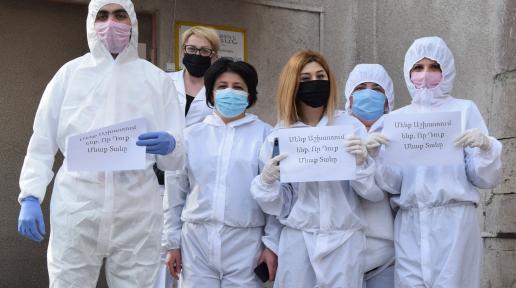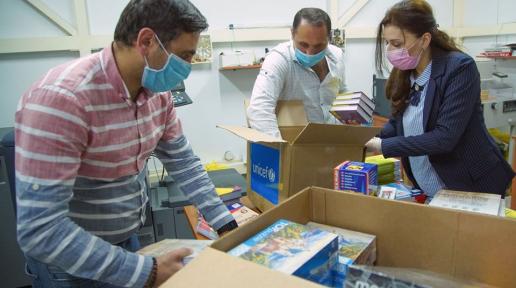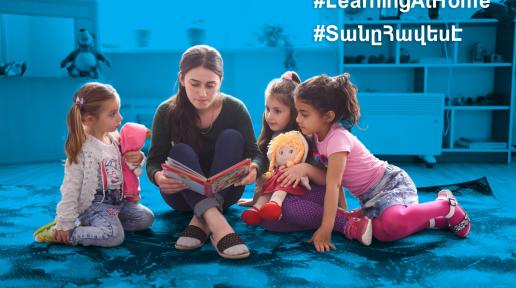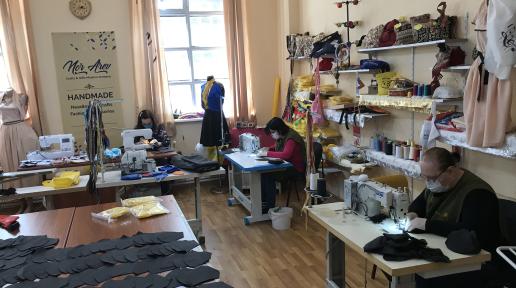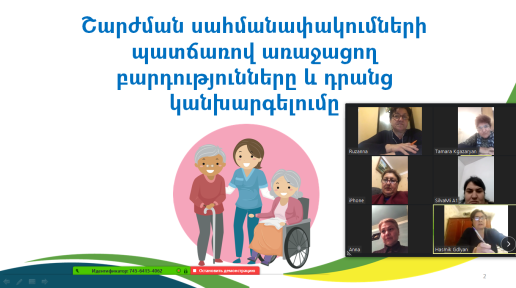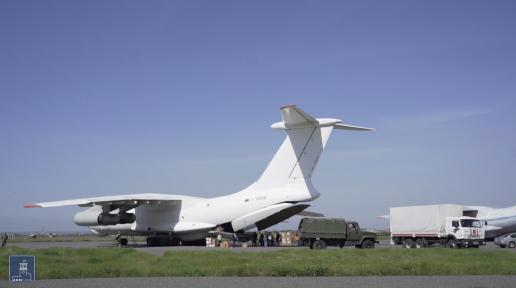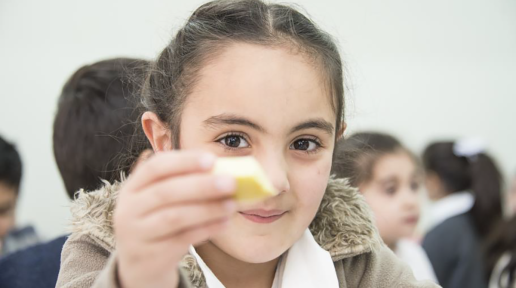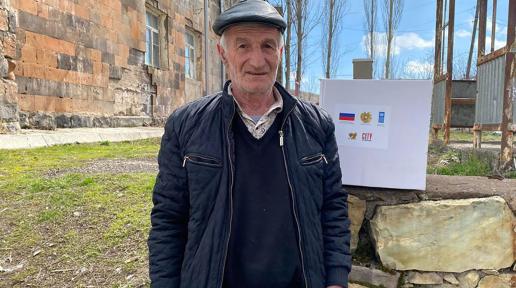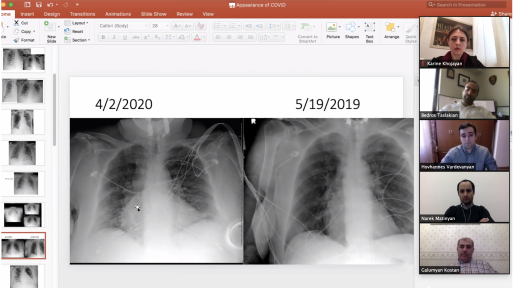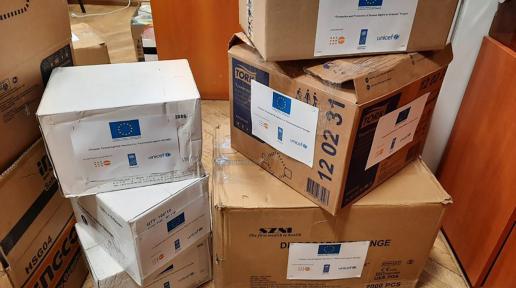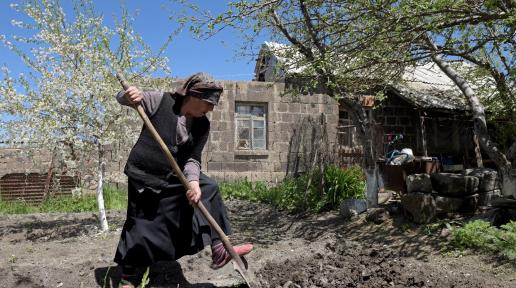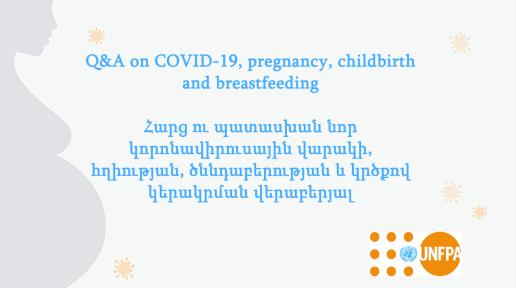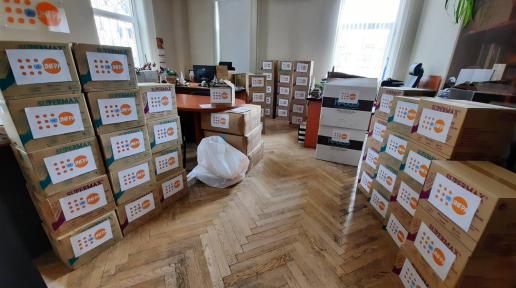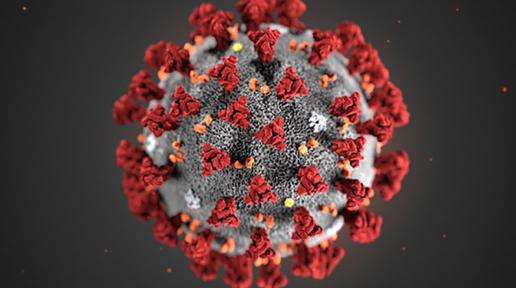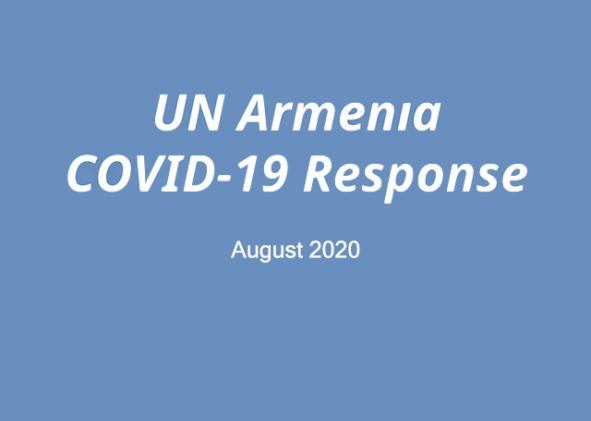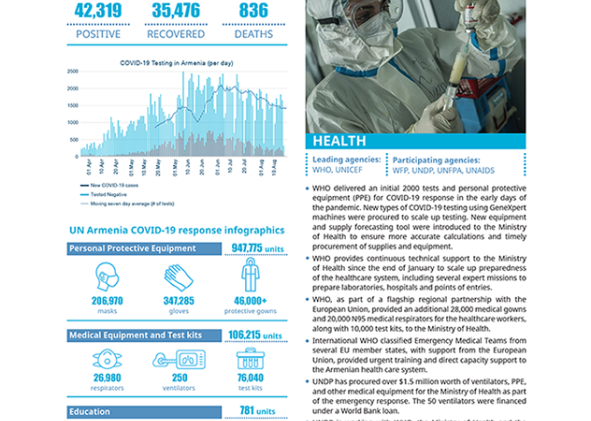On 31 December, 2019 a new type of coronavirus infection was registered in China. In a short period of time the virus spread throughout the world, affecting all of us. A large amount of information appeared due to the rapid spread of the new coronavirus and the fact that it was unknown to mankind. Unfortunately, lot's of those information is not correct and, in fact, can be dangerous. That's why it is very important to get information only from trusted and verified sources. On UN Armenia's webpage you can find verified information from United Nation's World Health Organization, other UN Agencies and the Ministry of Health of Armenia.
What is Coronavirus?
Coronaviruses (CoV) are a large family of viruses that cause illness ranging from the common cold to more severe diseases such as Middle East Respiratory Syndrome (MERS-CoV) and Severe Acute Respiratory Syndrome (SARS-CoV).
Coronaviruses are zoonotic, meaning they are transmitted between animals and people. Detailed investigations found that for example SARS-CoV was transmitted from civet cats to human,s and MERS-CoV from dromedary camels to humans. Several known coronaviruses are circulating in animals that have not yet infected humans.
Six things you must know about coronavirus
What are the symptoms of coronavirus?
The COVID-19 virus affects different people in different ways. COVID-19 is a respiratory disease and most infected people will develop mild to moderate symptoms and recover without requiring special treatment. People who have underlying medical conditions and those over 60 years old have a higher risk of developing severe disease and death.
Common symptoms include:
- fever
- tiredness
- dry cough.
Other symptoms include:
- shortness of breath
- aches and pains
- sore throat
- and very few people will report diarrhoea, nausea or a runny nose.
People with mild symptoms who are otherwise healthy should self-isolate and contact their medical provider or a COVID-19 information line for advice on testing and referral.
People with fever, cough or difficulty breathing should call their doctor and seek medical attention.
How to protect yourself and others?
Standard recommendations to prevent infection spread include regular hand washing, covering mouth and nose when coughing and sneezing, thoroughly cooking meat and eggs. Avoid close contact with anyone showing symptoms of respiratory illness such as coughing and sneezing.
What else can I do to protect myself and prevent the spread of COVID-19?
How can I protect myself while traveling? How to make the workplace safe? Get the answers here.
Some additional useful links:
- Myths and facts about new coronavirus.
- 7 tips from WFP experts on keeping a healthy diet in the face of coronavirus.
- Frequently asked questions: How likely am I to catch COVID-19? Are pregnant women more susceptible to the COVID-19 virus and will it harm the fetus? What is the risk of my child becoming sick with COVID-19? You can find the answers to these and many other questions by following the link.
- Questions and answers on COVID-19 pandemic's impact on food and agriculture.
- Questions and answers on COVID-19, pregnancy, childbirth and breastfeeding.
UN Armenia's response to COVID-19 outbreak
FAO
Vulnerable rural families in Armenia, who received livestock and feed support from FAO, can better cope with the situation generated by the COVID-19 pandemic, and have a more balanced nutrition. This was found by the rapid assessment on the pandemic’s impact on the socially vulnerable population in Lori and Shirak marzes.
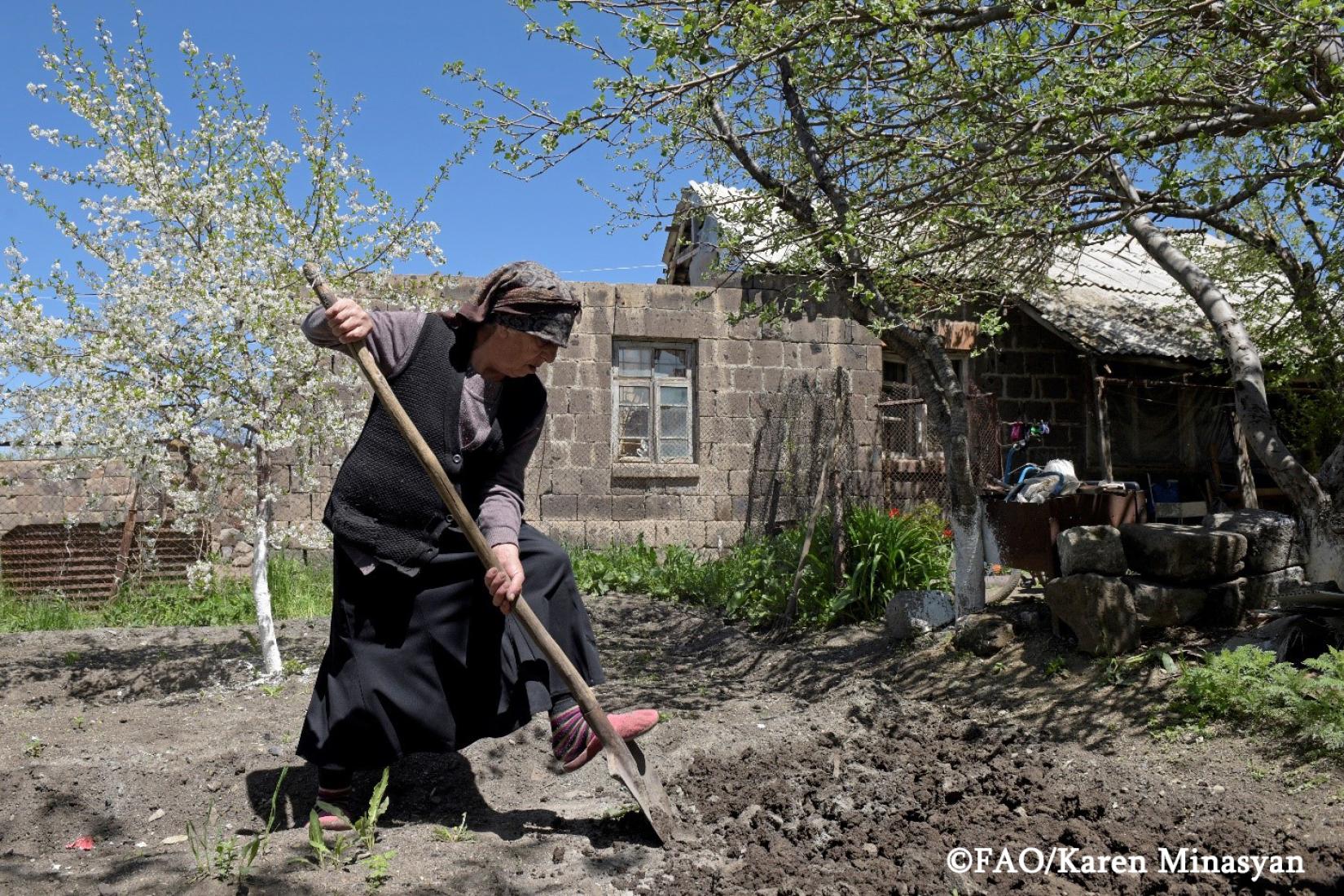
IOM
To tackle COVID-19 socio-economic impacts and support labour migrants, IOM Armenia launched a micro-enterprise development project, which is the fastest and most effective way to improve the social condition of various population groups, including those socially or economically disadvantaged, leading to job creation and reduction of poverty.
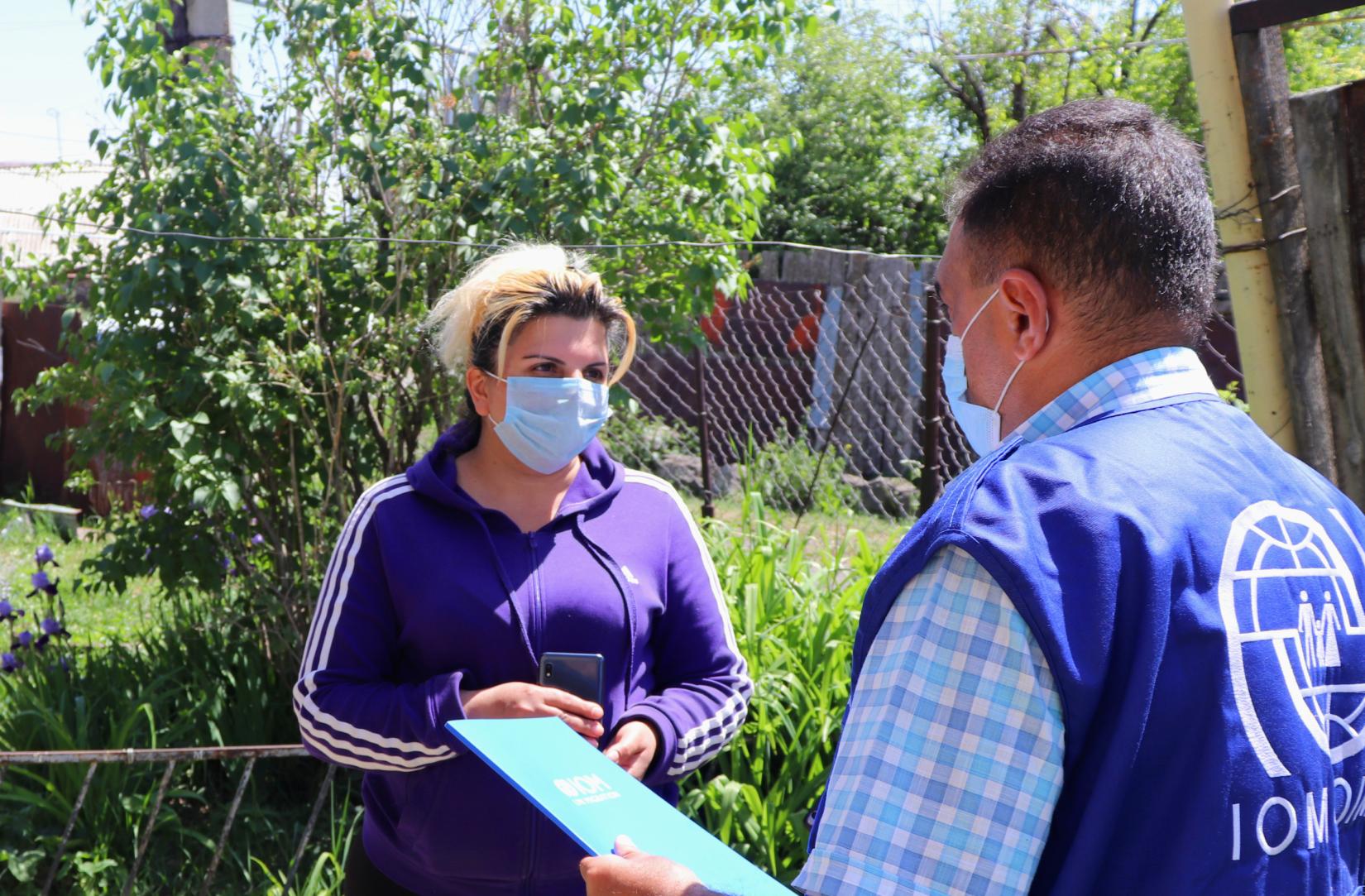
IOM facilitated videoconferences between leading radiologists of New York University and Armenian leading doctors in support to Ministry of Health of the Republic of Armenia.
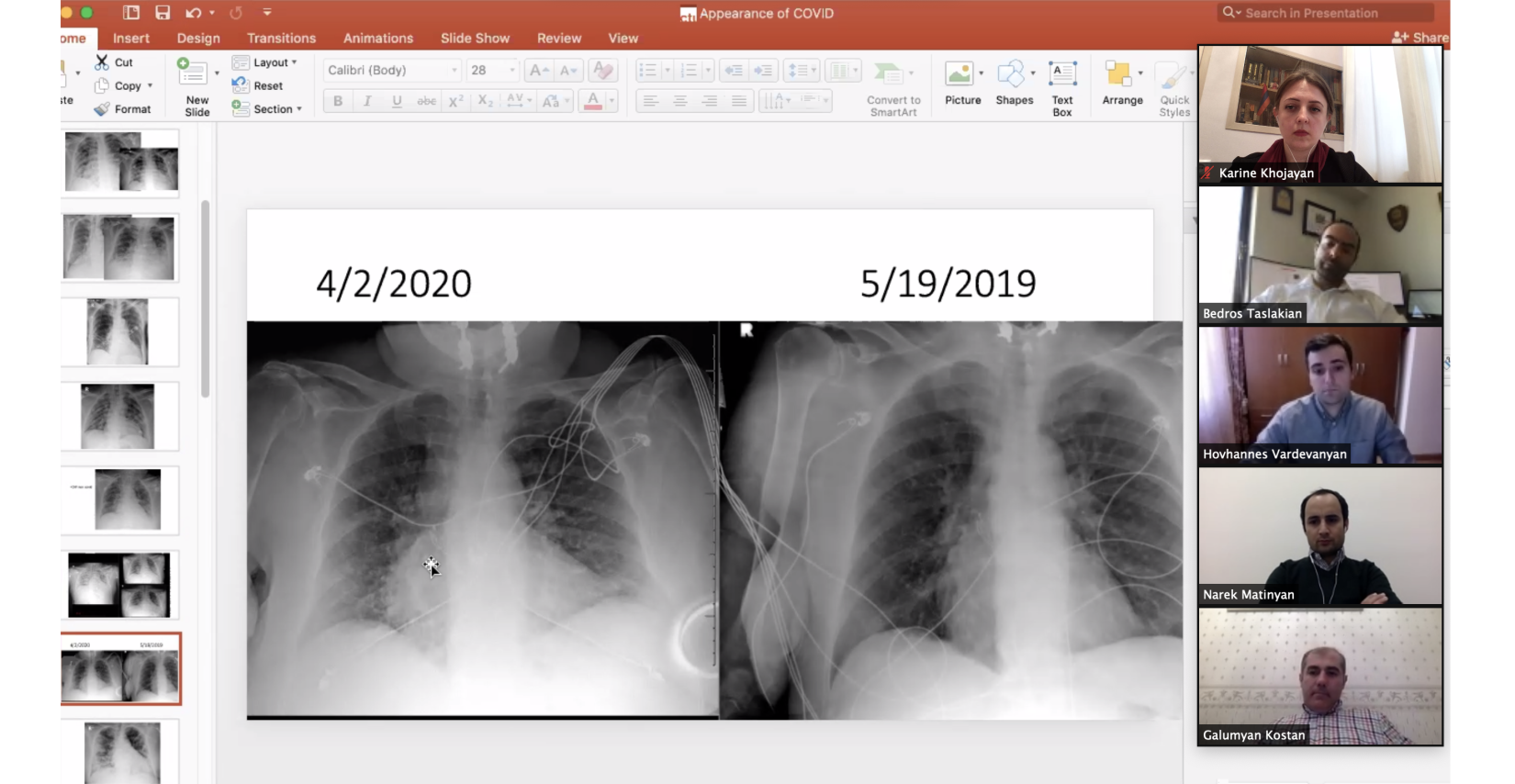
UNDP
As part of COVID-19 response, UNDP in Armenia provided to medical institutions of Armavir region in Armenia 10,000 nitrile gloves, 1,000 respirators and 250 safety glasses.
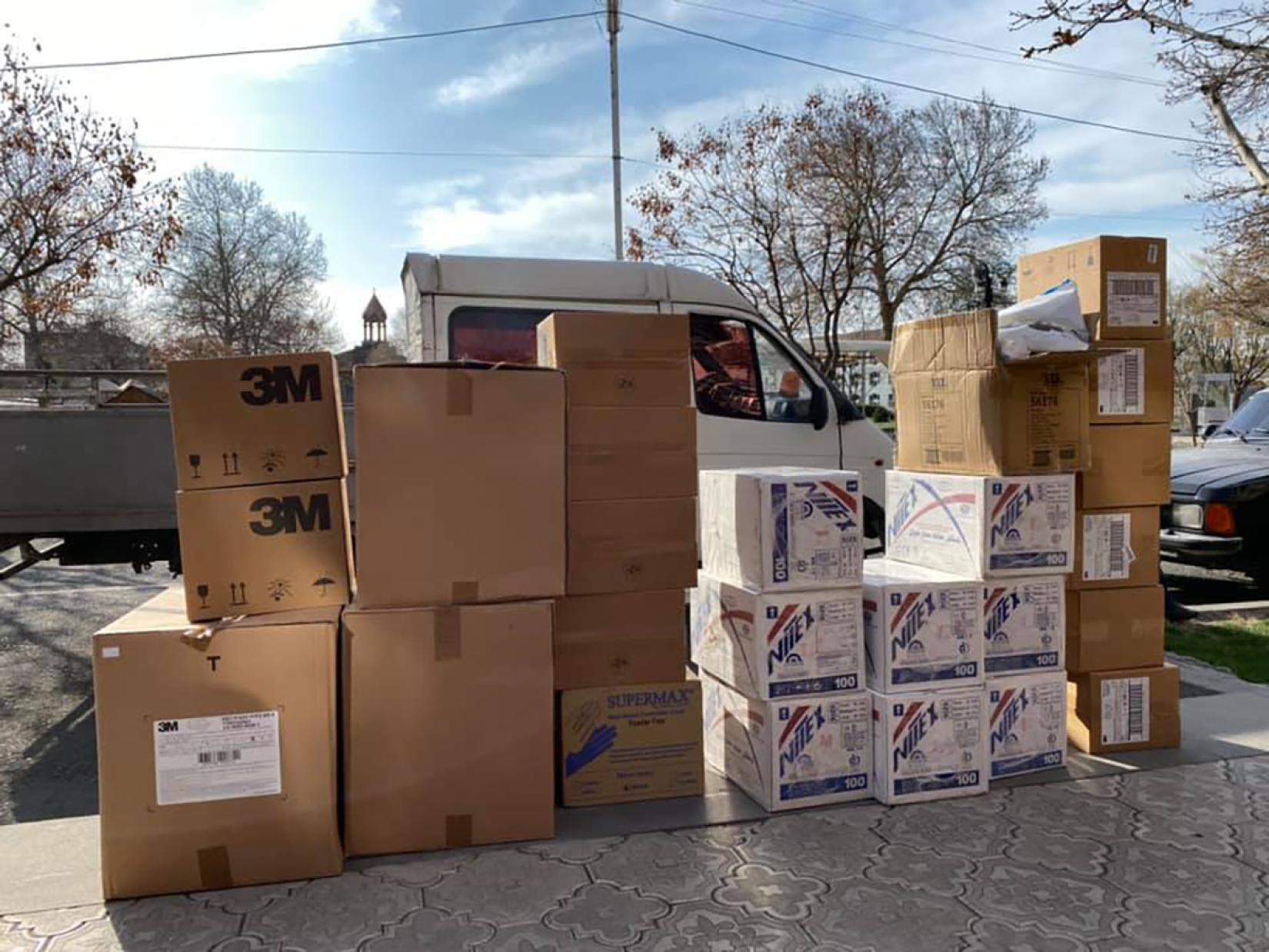
UNDP in Armenia, UNFPA and UNICEF Armenia, supported emergency procurement of personal protective equipment for the staff of the RA Human Rights Defender’s Office to facilitate safe and uninterrupted work of the institution, interaction with citizens and visits to closed institutions.
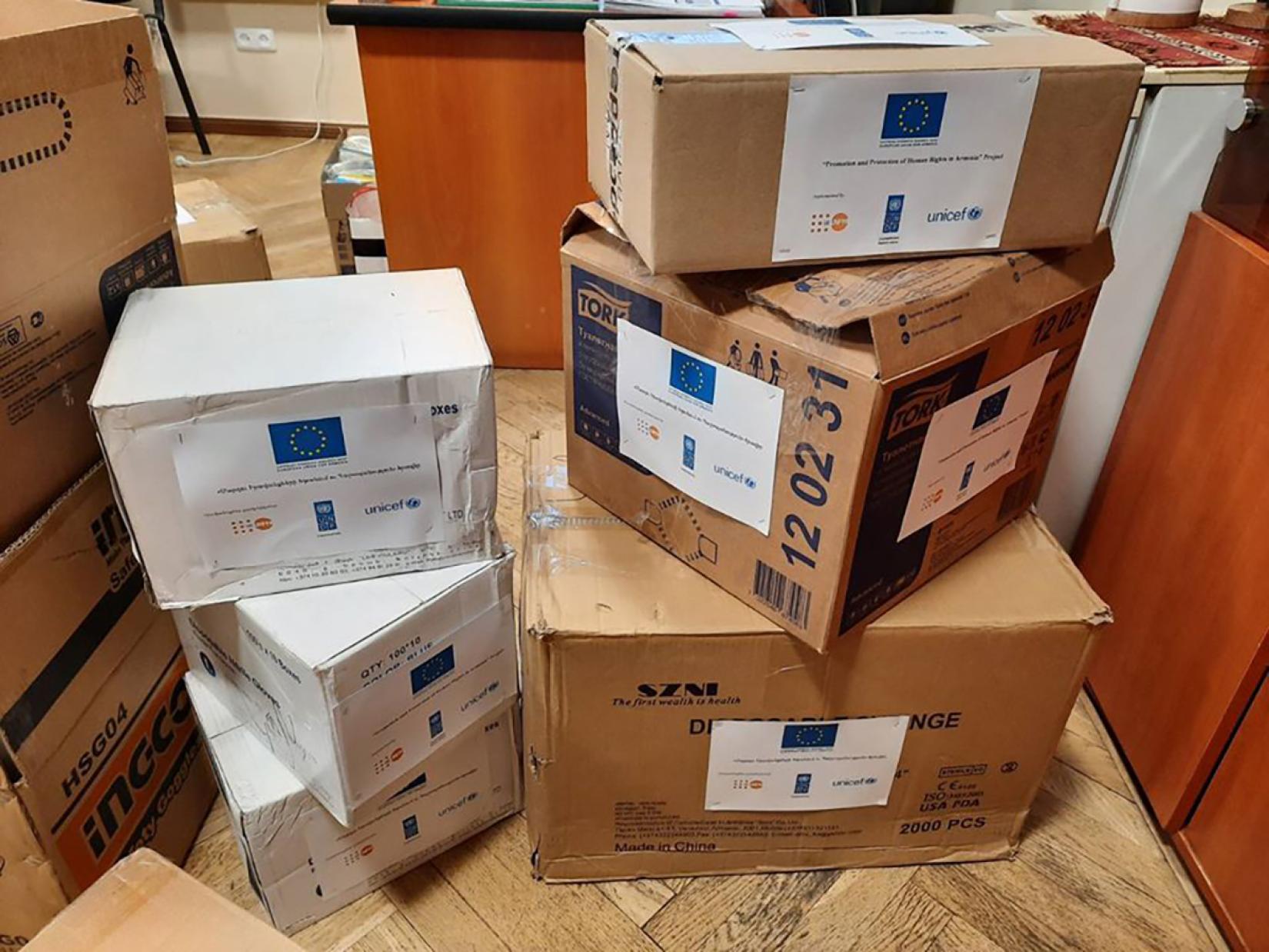
In response to COVID-19 UNDP in Armenia and the Ministry of Territorial Administration and Infrastructure of Armenia, in partnership with the Ministry of Emergency Situations, Yerevan City Supermarkets, local self-governance bodies and community volunteers, provided emergency packages to vulnerable groups of people of more than 100 settlements across Armenia.
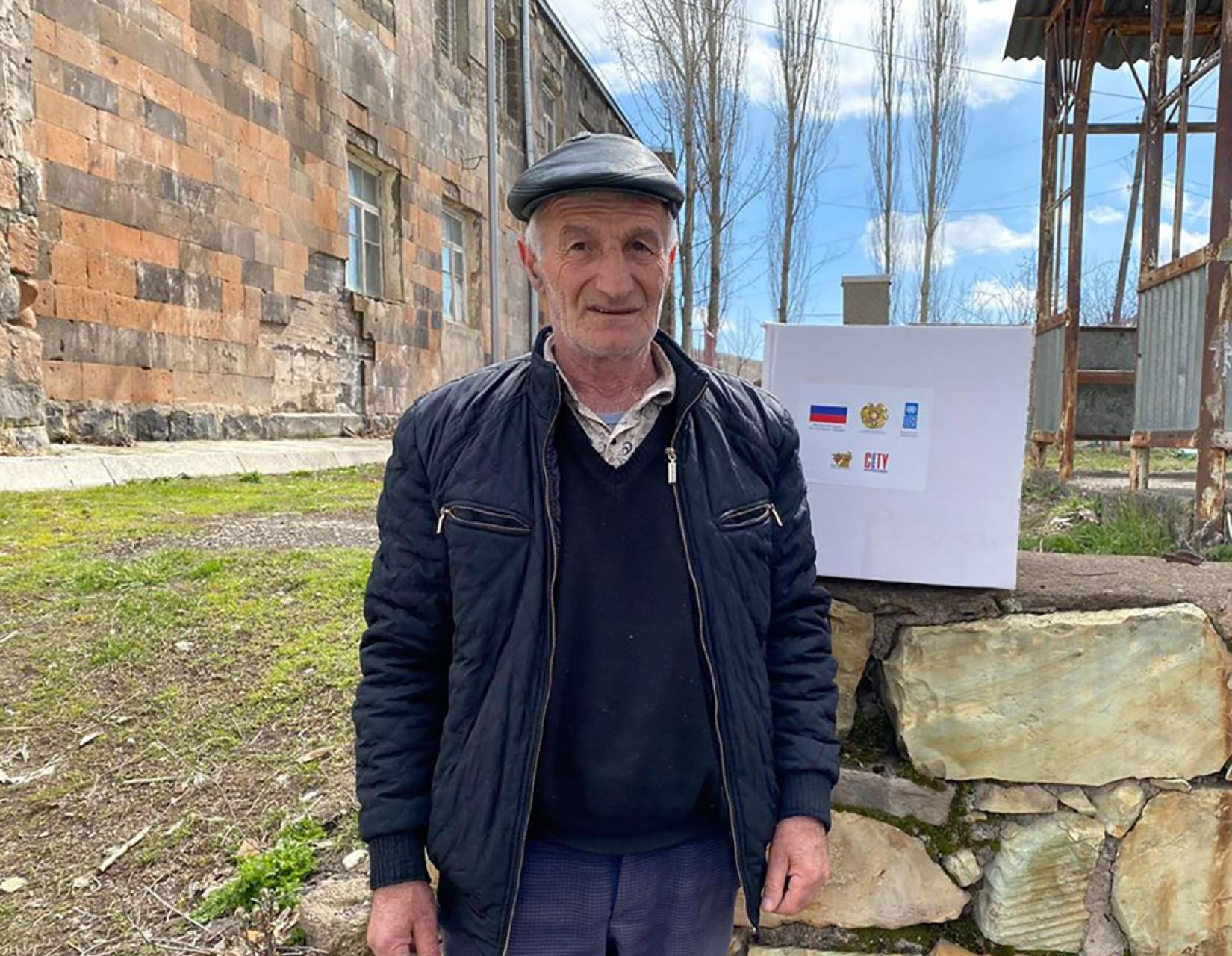
UNDP in Armenia, in partnership with Coca-Cola company, provided necessary X-ray and ultrasound medical equipment to local medical institutions to fight COVID-19.
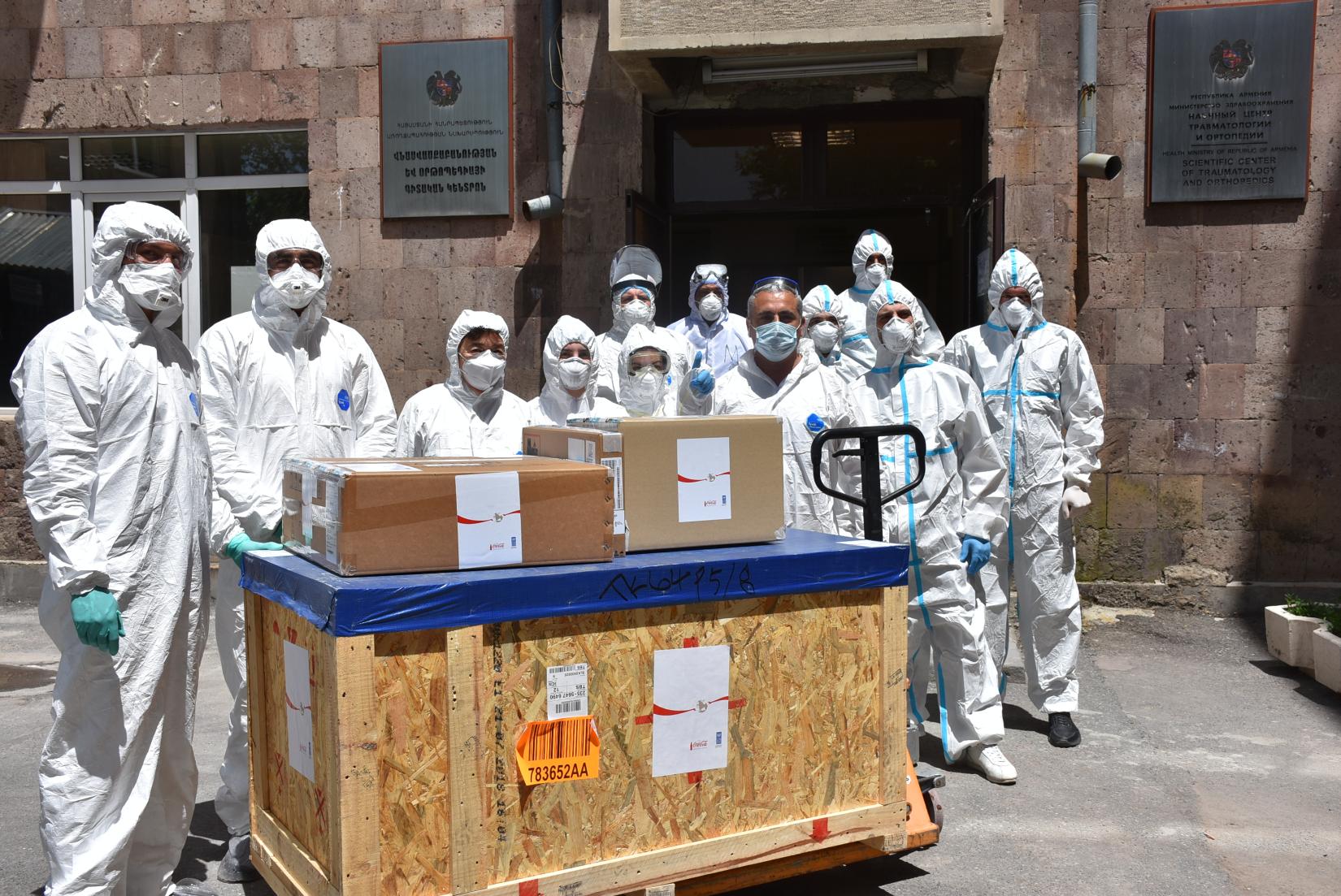
UNFPA
UNFPA Armenia delivered personal protection equipment for healthcare providers, including at the maternity hospitals, and social workers who work with elderly people who live alone, and are at a higher COVID-19 risk.
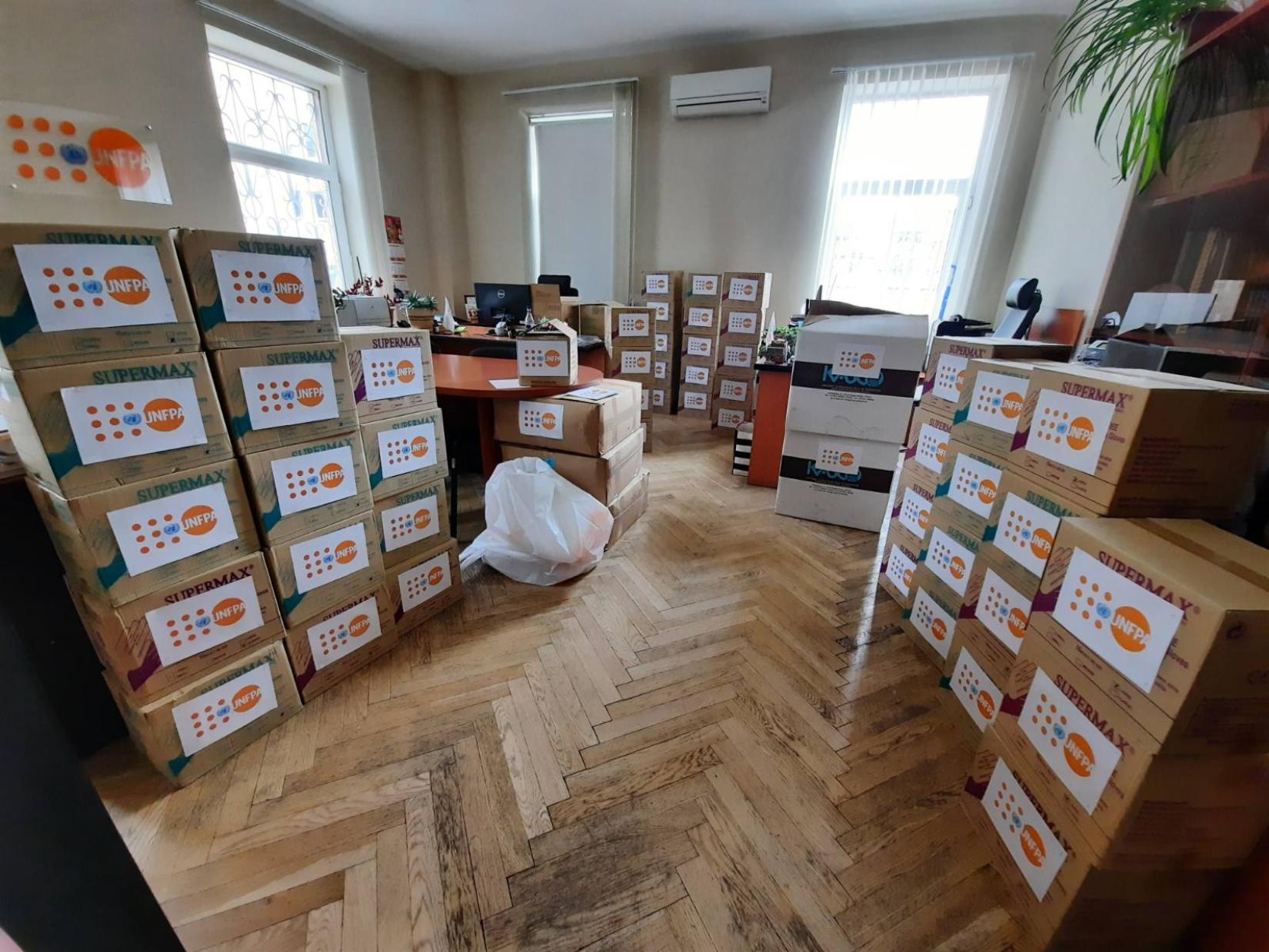
As part of the COVID-19 response, at the request of the Minister of Education, Science, Culture and Sports, UNFPA Armenia purchased and distributed 100 tablets for schoolchildren who are left furthest behind and are not able to participate in distance learning.
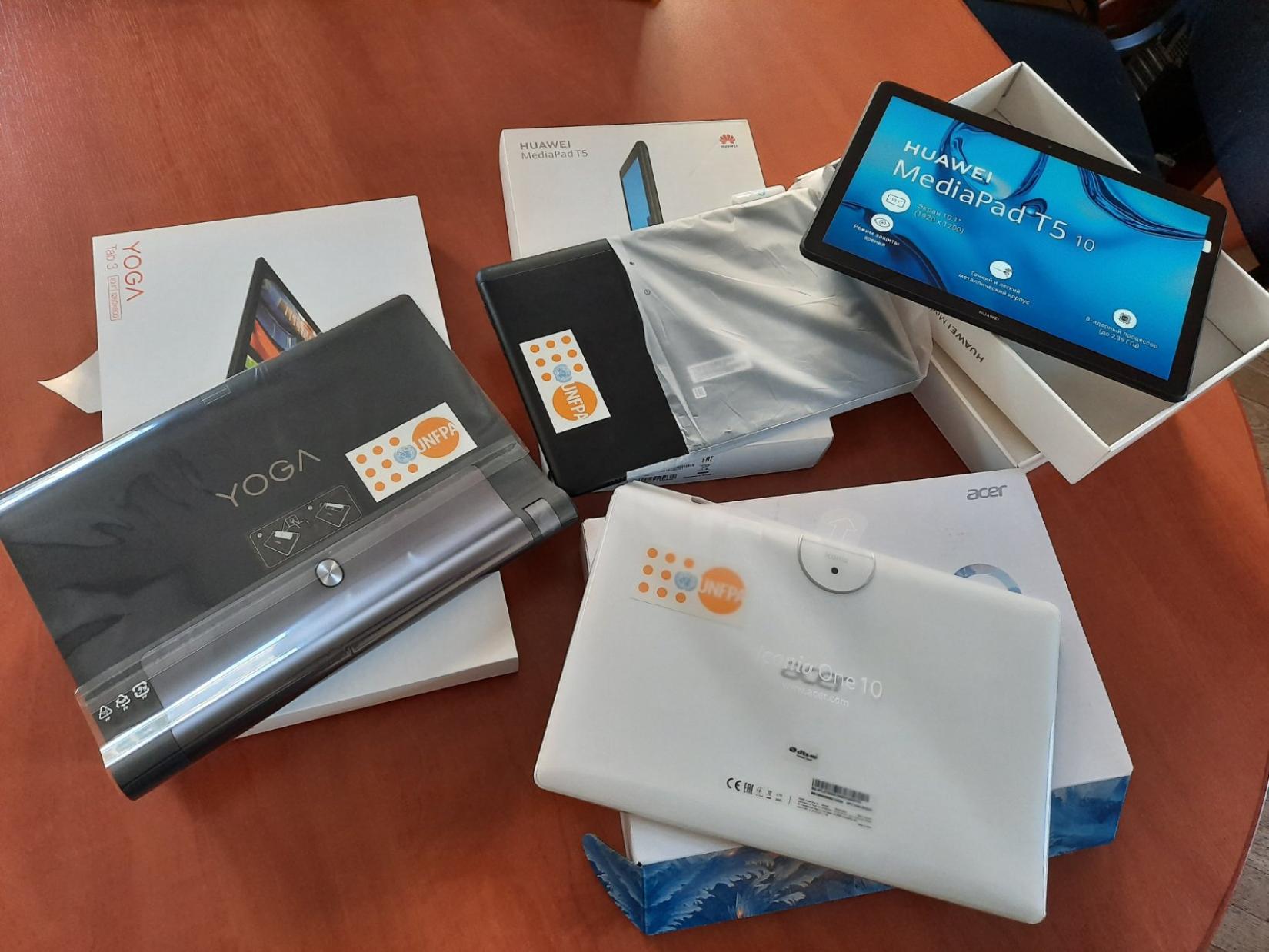
With UNFPA Armenia's support, the Association of Healthcare and Assistance to Older People, in response to COVID-19 pandemic, launched an online version of the two-month course on "Basics of Care for Elderly People and Persons with Disabilities", intended for all interested including nurses, social workers and family members of elderly people and people with disabilities.
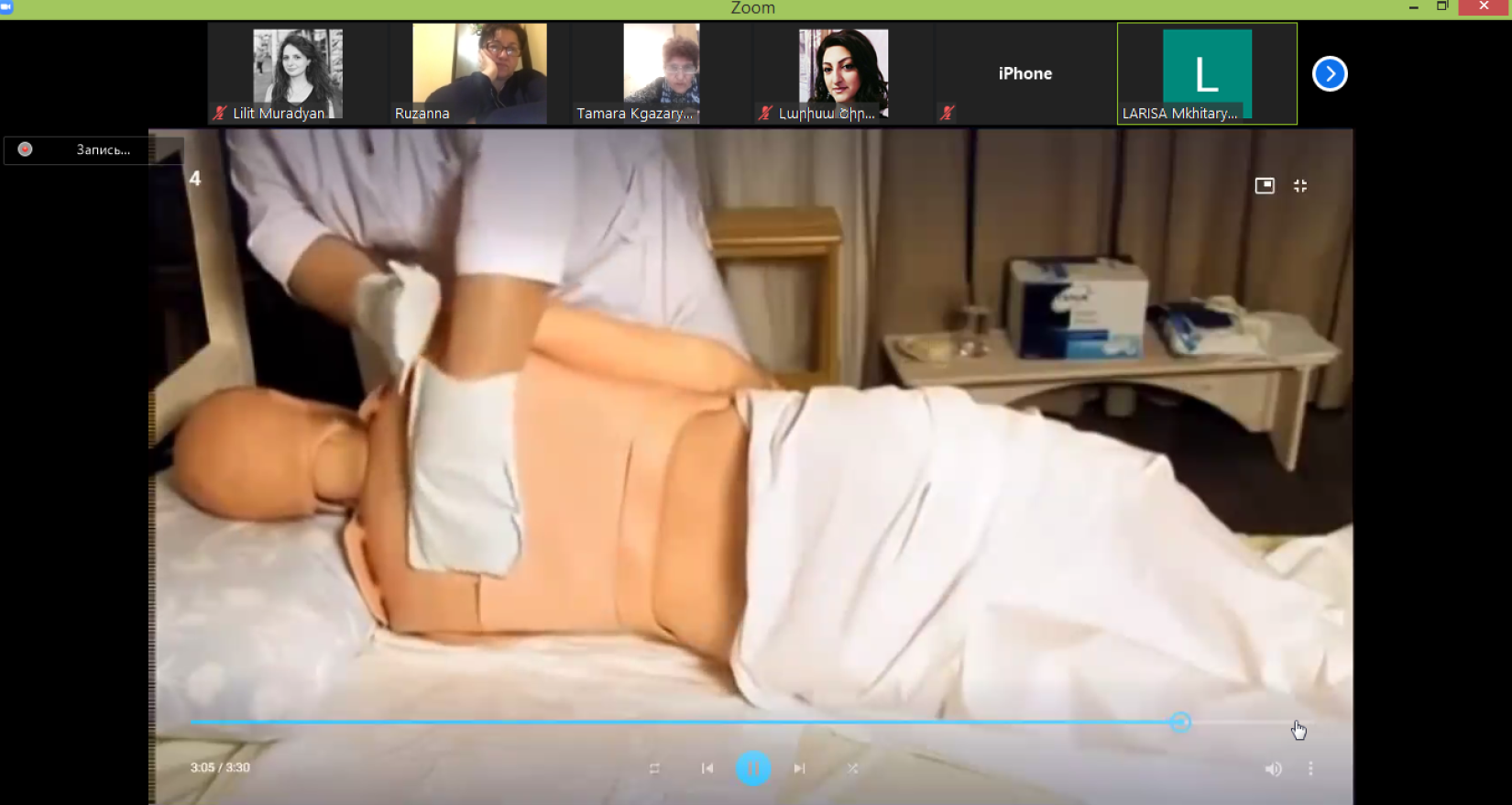
As part of COVID-19 response, UNFPA Armenia continued to provide support to the Ministry of Labour and Social Affairs, and through them to vulnerable groups of population amid the COVID-19 pandemic.
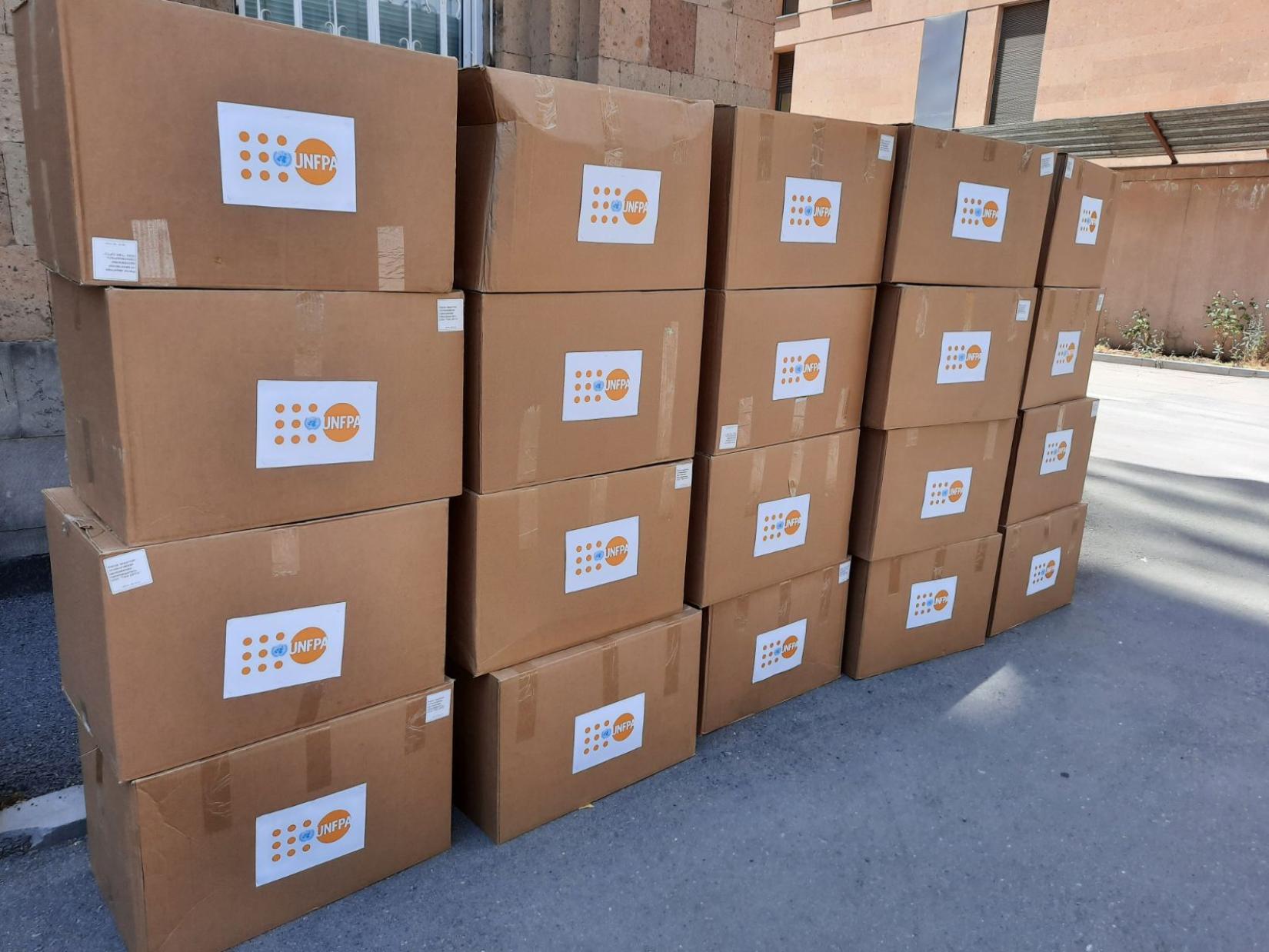
UNHCR
In partnership and coordination with state and local authorities, UNHCR Armenia and its partners have distributed food packages and hygienic items to some 250 vulnerable families, among them children, elderly and persons with disabilities.
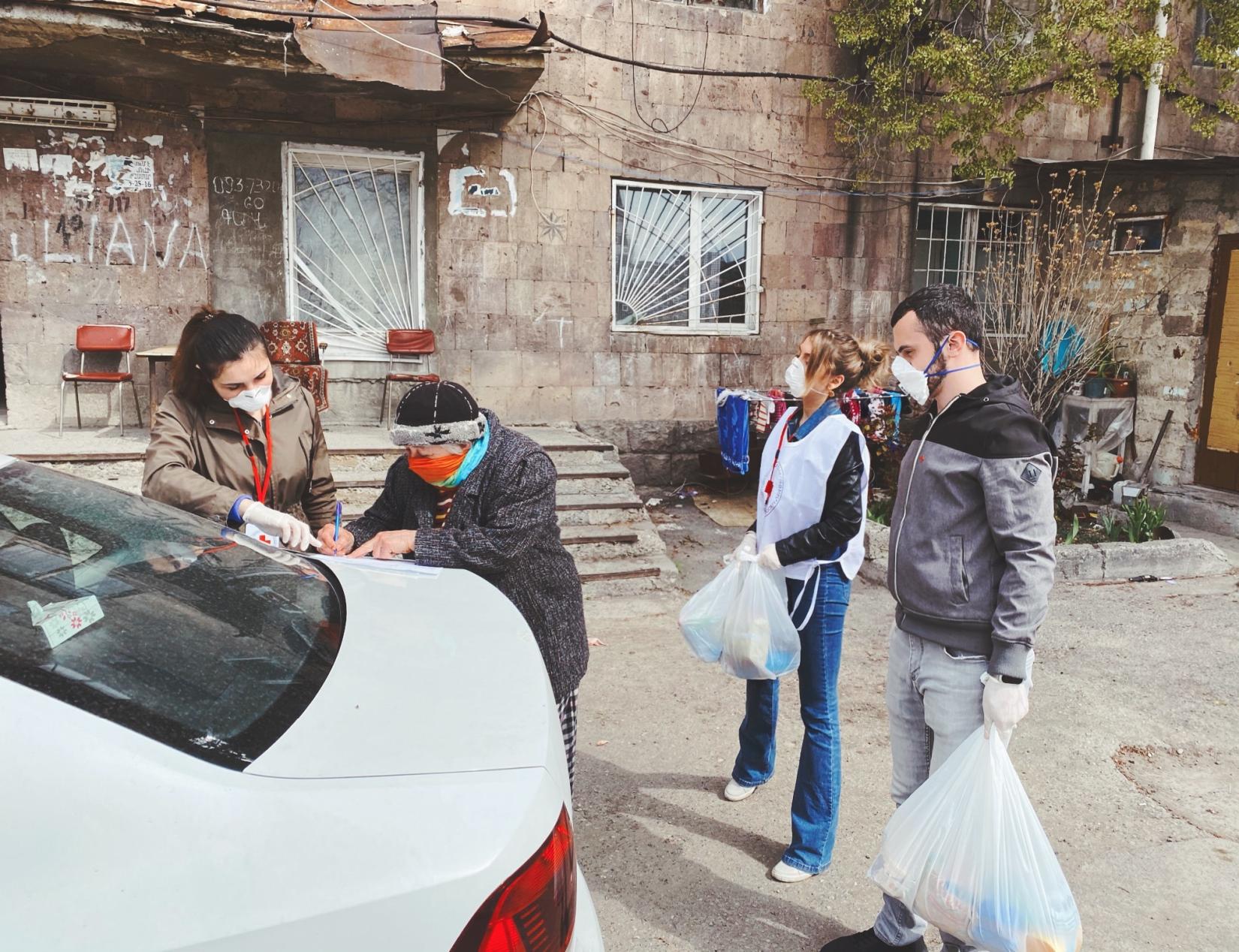
Displaced Syrian women produce non-medical masks to help host communities prevent COVID-19. These diligent women have joined the global mask production initiative introduced by UNHCR and its partner MADE51 promoting refugees’ self-reliance and women empowerment worldwide.
UNICEF
On 2 April, 2020 UNICEF delivered to the Ministry of Health of Armenia the first part of much needed supplies to help Armenian authorities to stop the spread of the virus and address the most pressing needs among children.
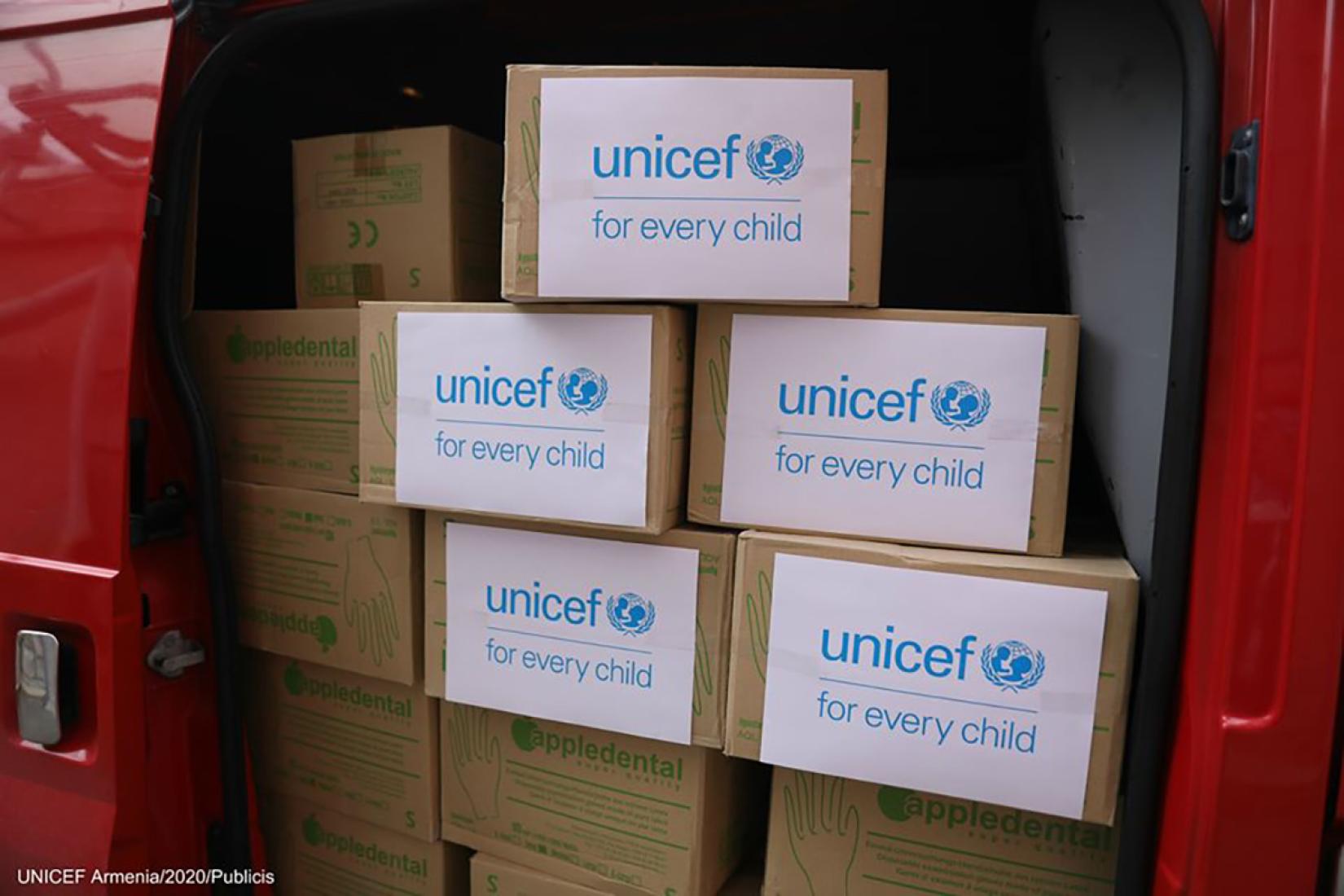
UNICEF continues to deliver professional protective supplies to Armenia. In May, UNICEF provided 79 pieces of learning materials, including books, textbooks and dictionaries, as well as board games, for juvenile children at Abovyan penitentiary.
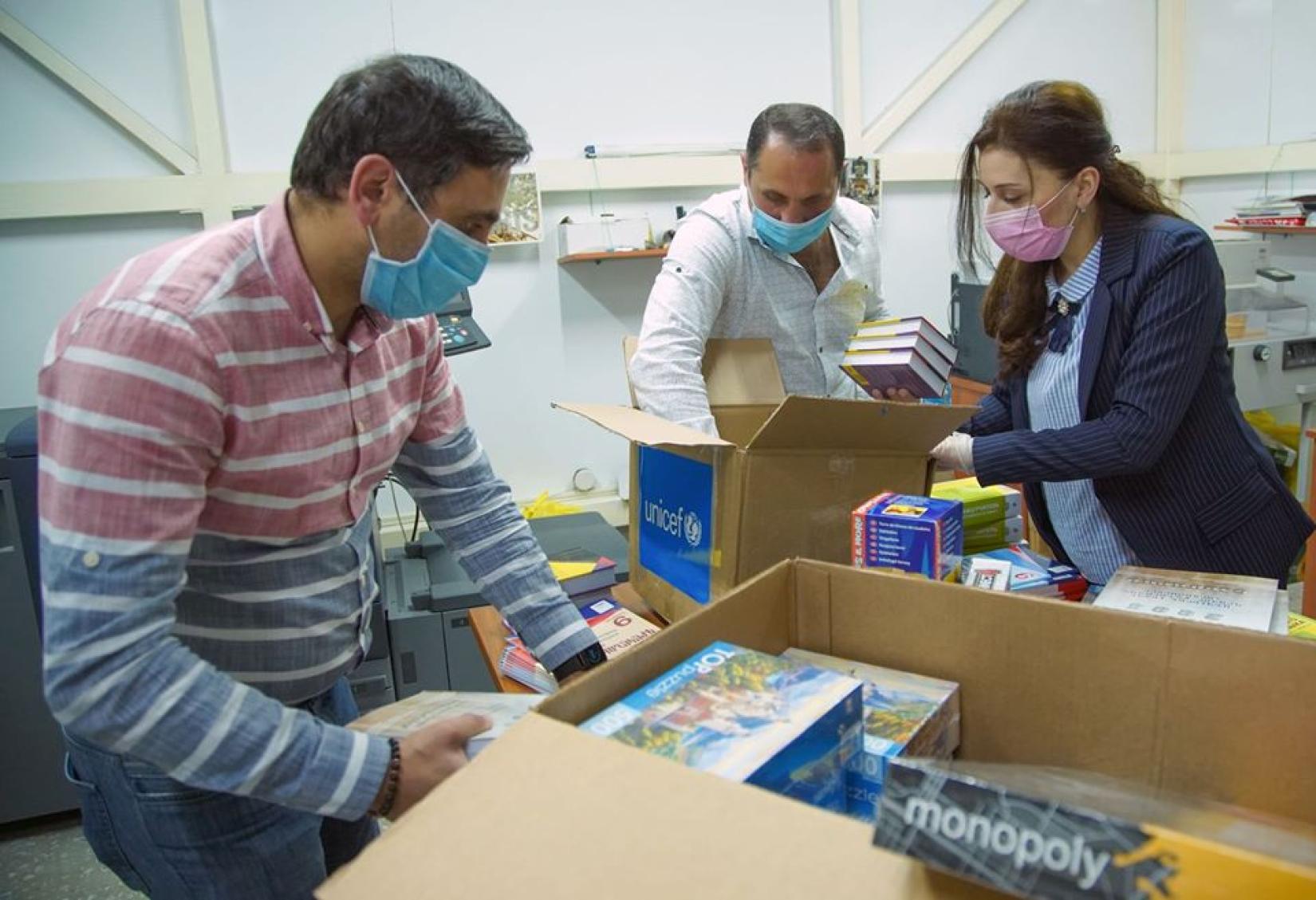
UNICEF is launching #LearningAtHome campaign in support of parents and young children, facing multiple challenges due to the Coronavirus pandemic. UNICEF High Level Advocate for Child Rights and Children’s Author Nouneh Sarkissian Joins #LearningAtHome Campaign.
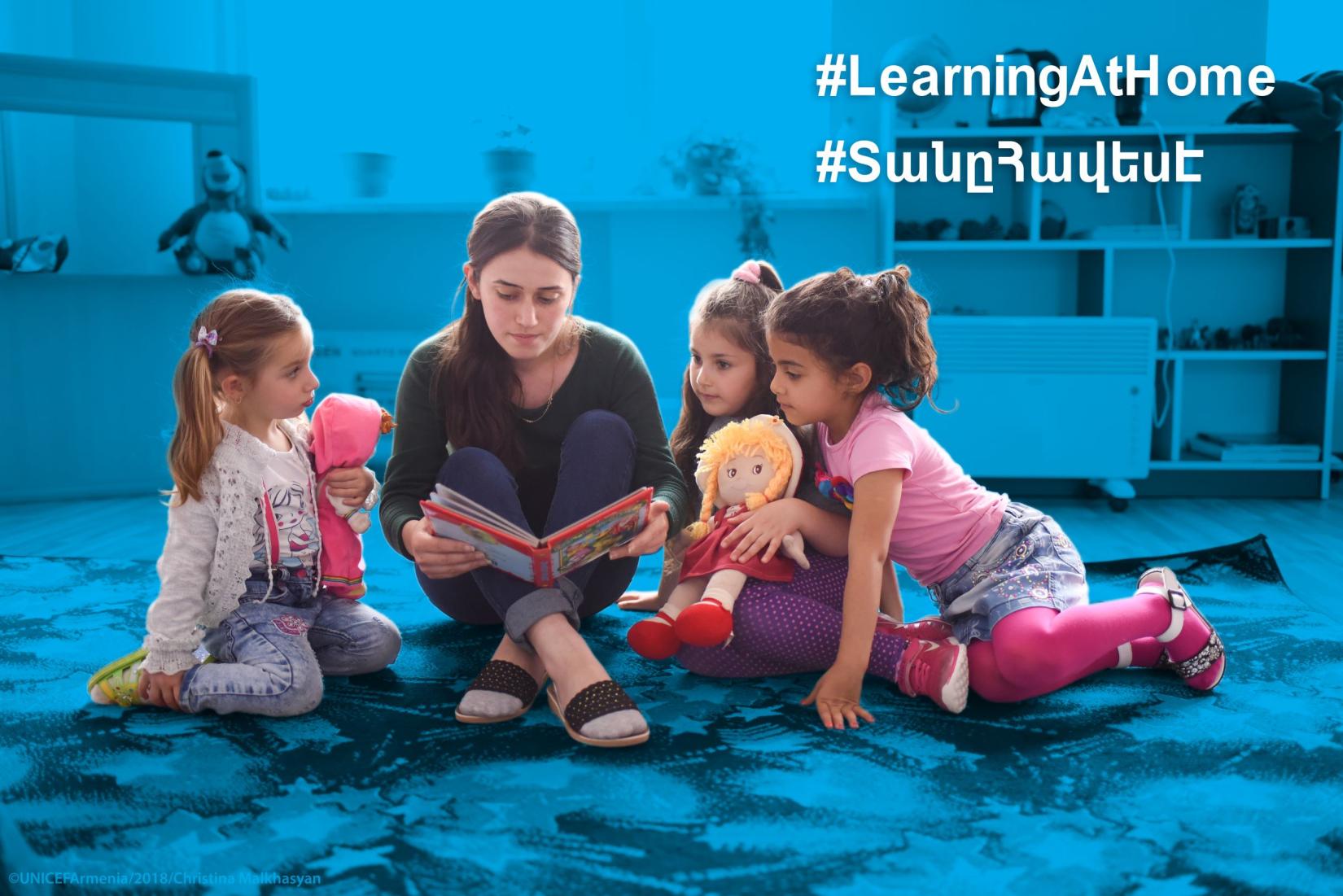
UNIDO
In the framework of the MPTF-funded COVID-19 response, UNIDO Armenia's Textile project team conducted activities to support small and medium enterprises (SMEs). As a result, employees were able to keep their jobs, supporting the companies’ ongoing activities during the challenging times. Supported by UNIDO, the beneficiary companies produced 2,623 sets of bed linen and 2,000 medical suits.
WFP
In the framework of WFP's COVID-19 Response, a plane arrived in Yerevan from Beijing, China, carrying the last batch of urgently needed Personal Protective Equipment items which the United Nations World Food Programme is providing through the Ministry of Health to medical facilities in Armenia caring for COVID-19 patients.
